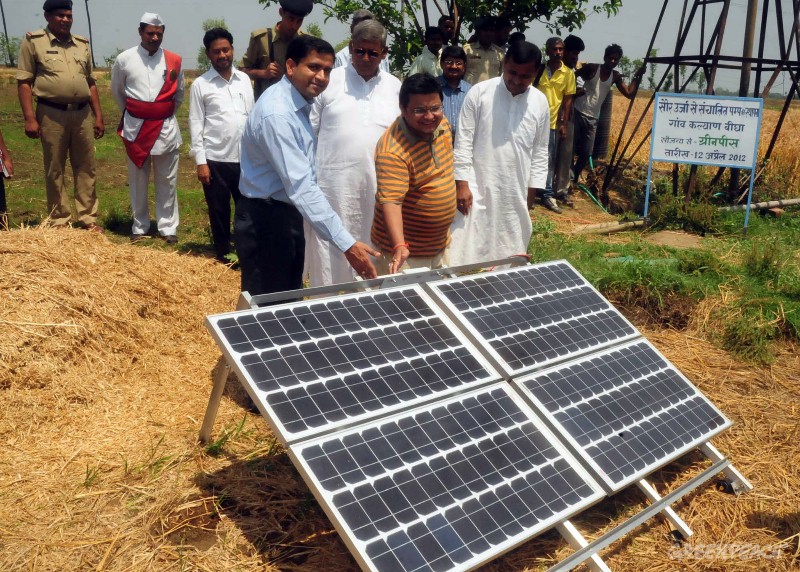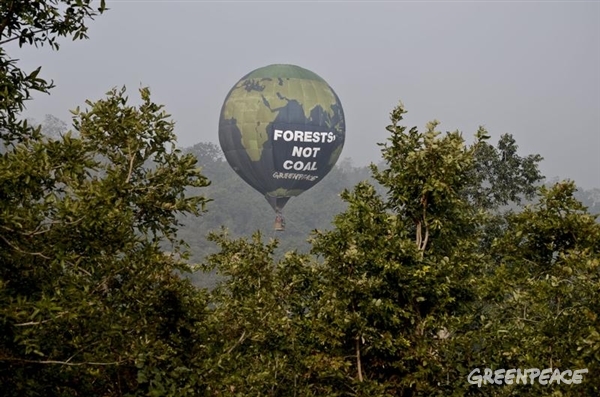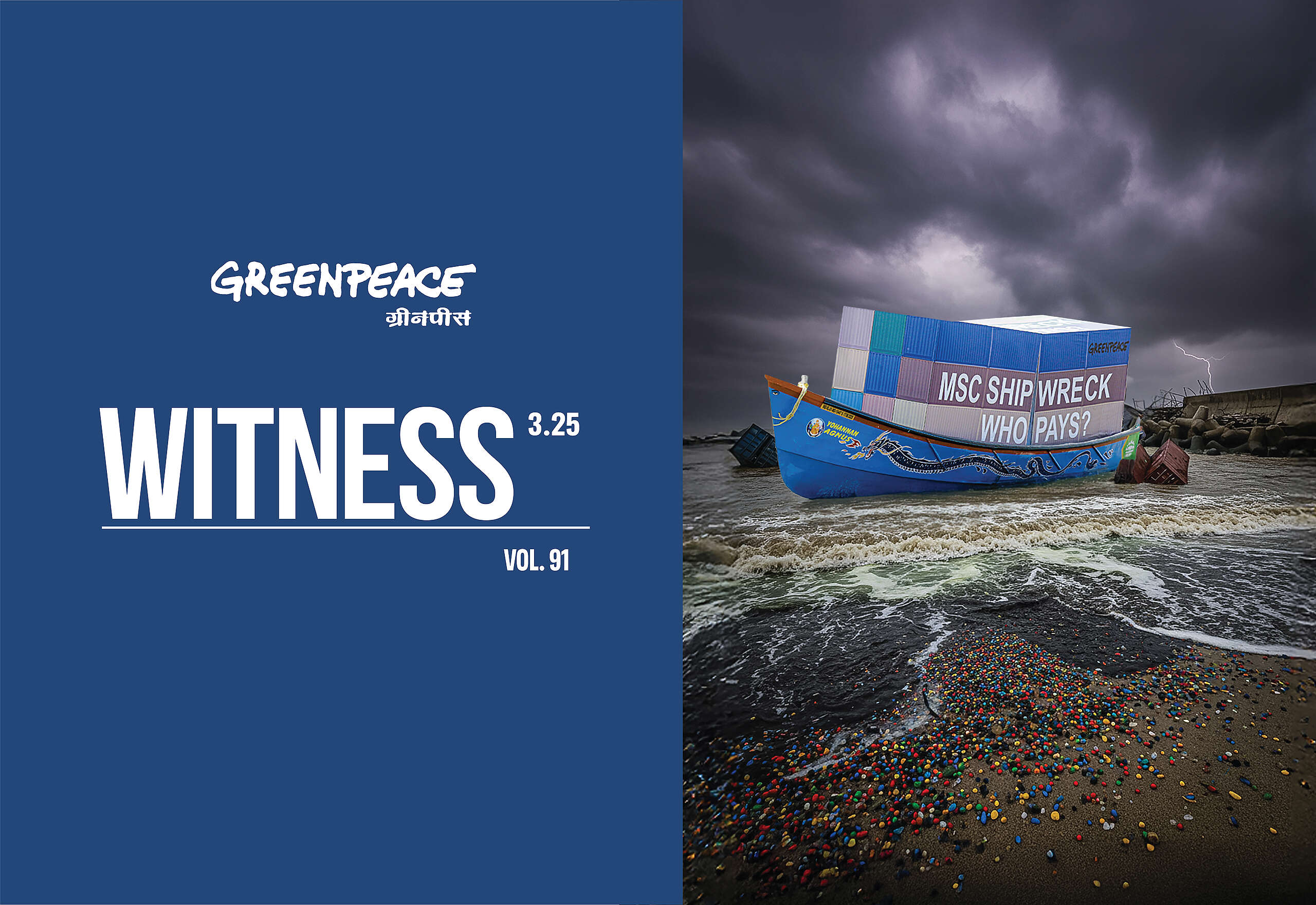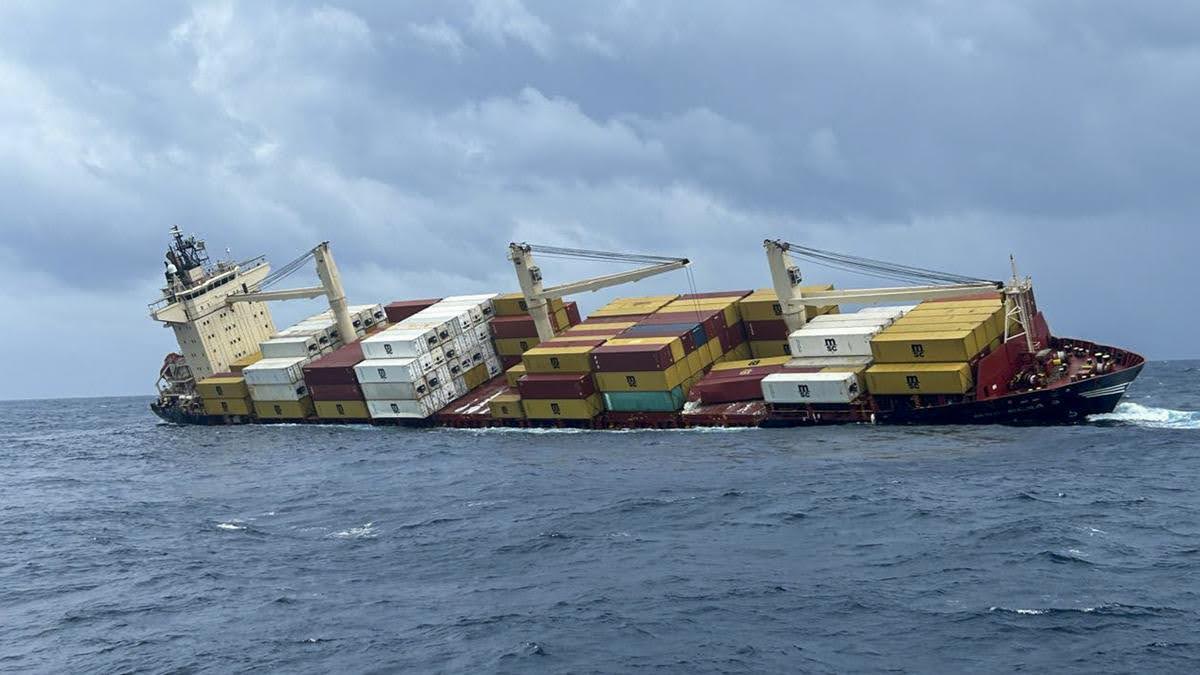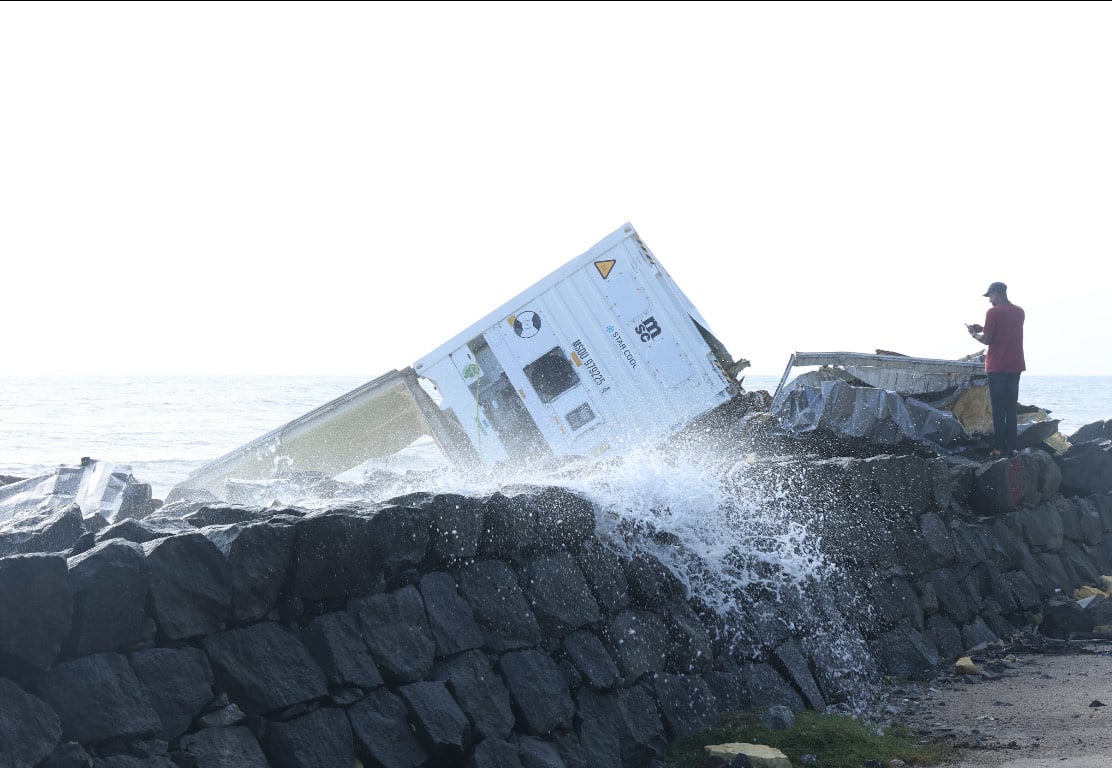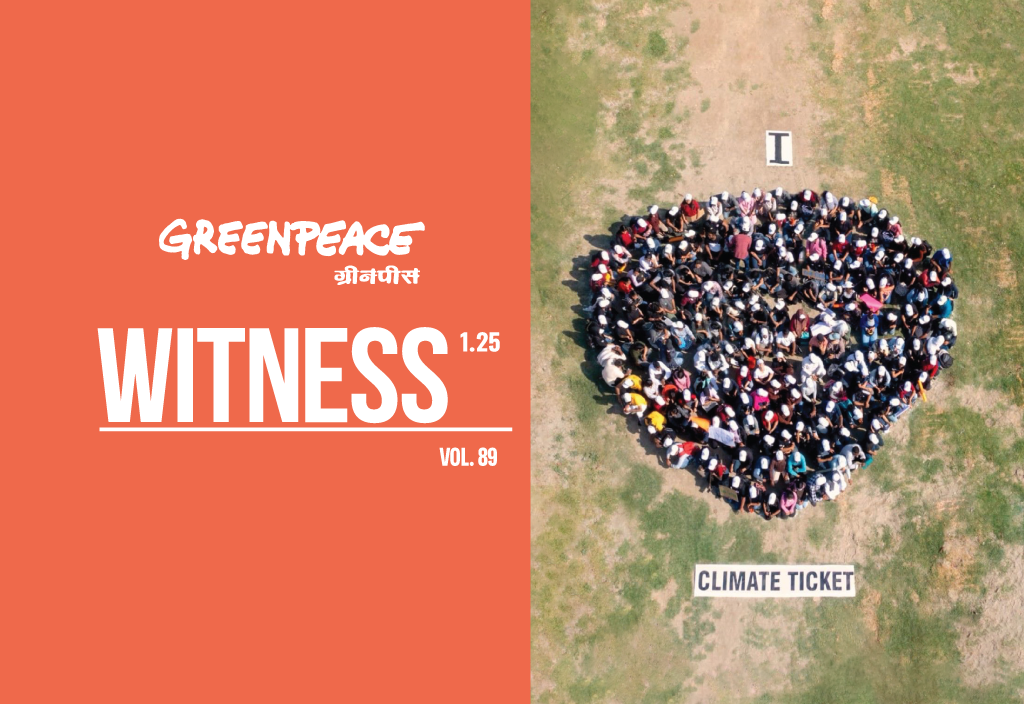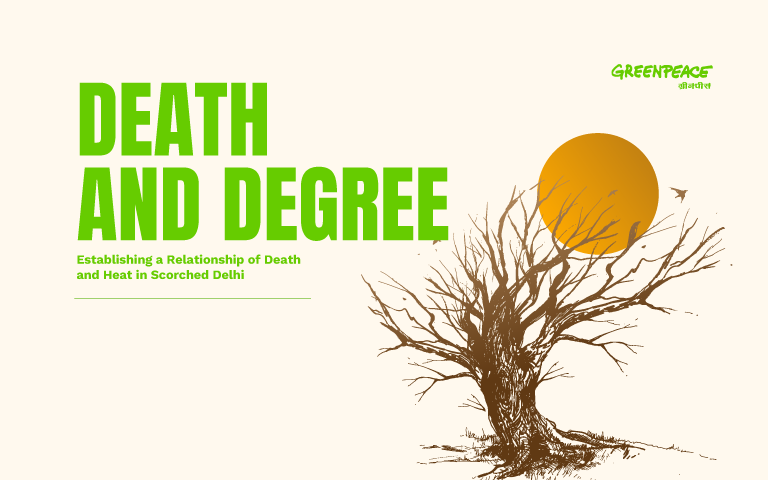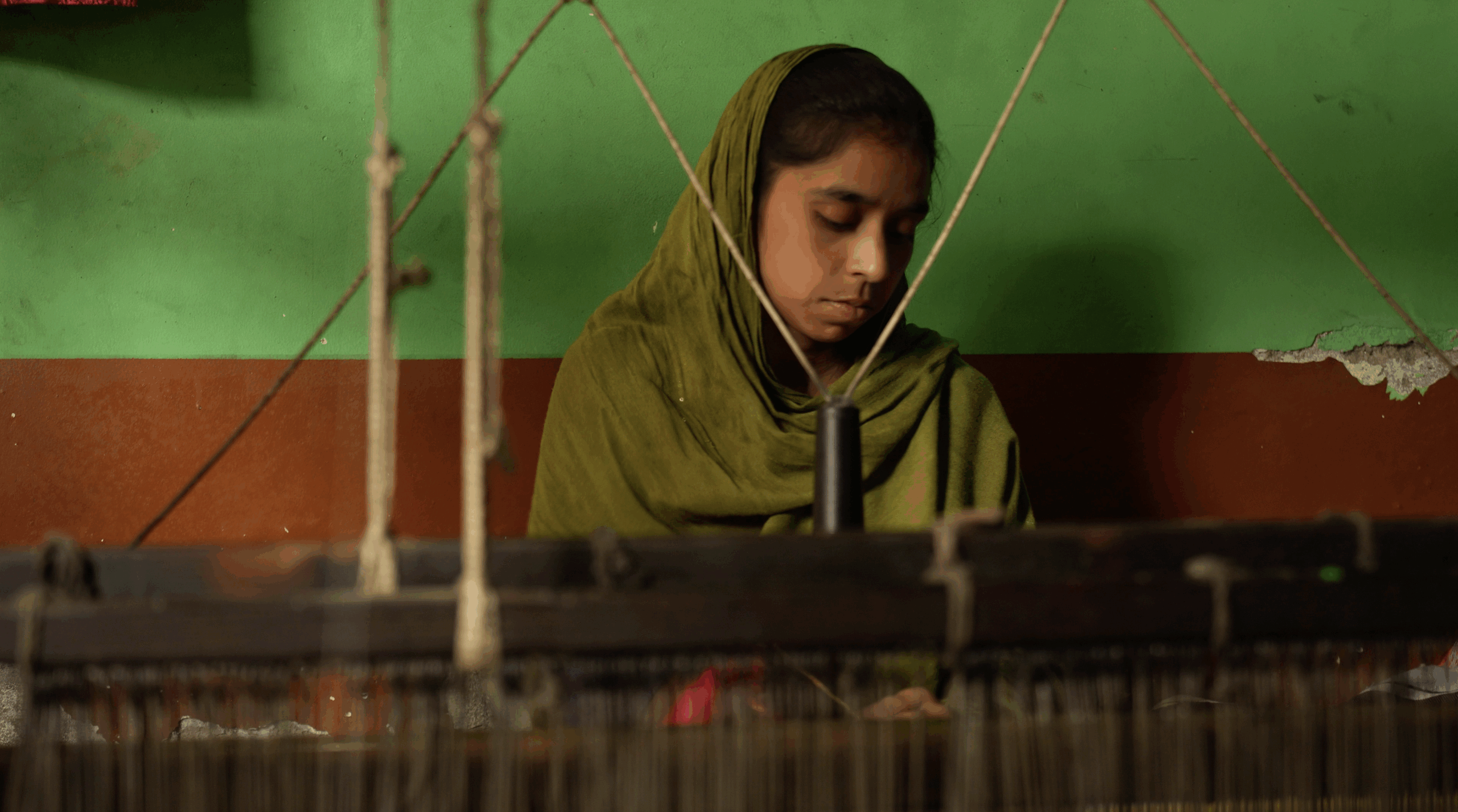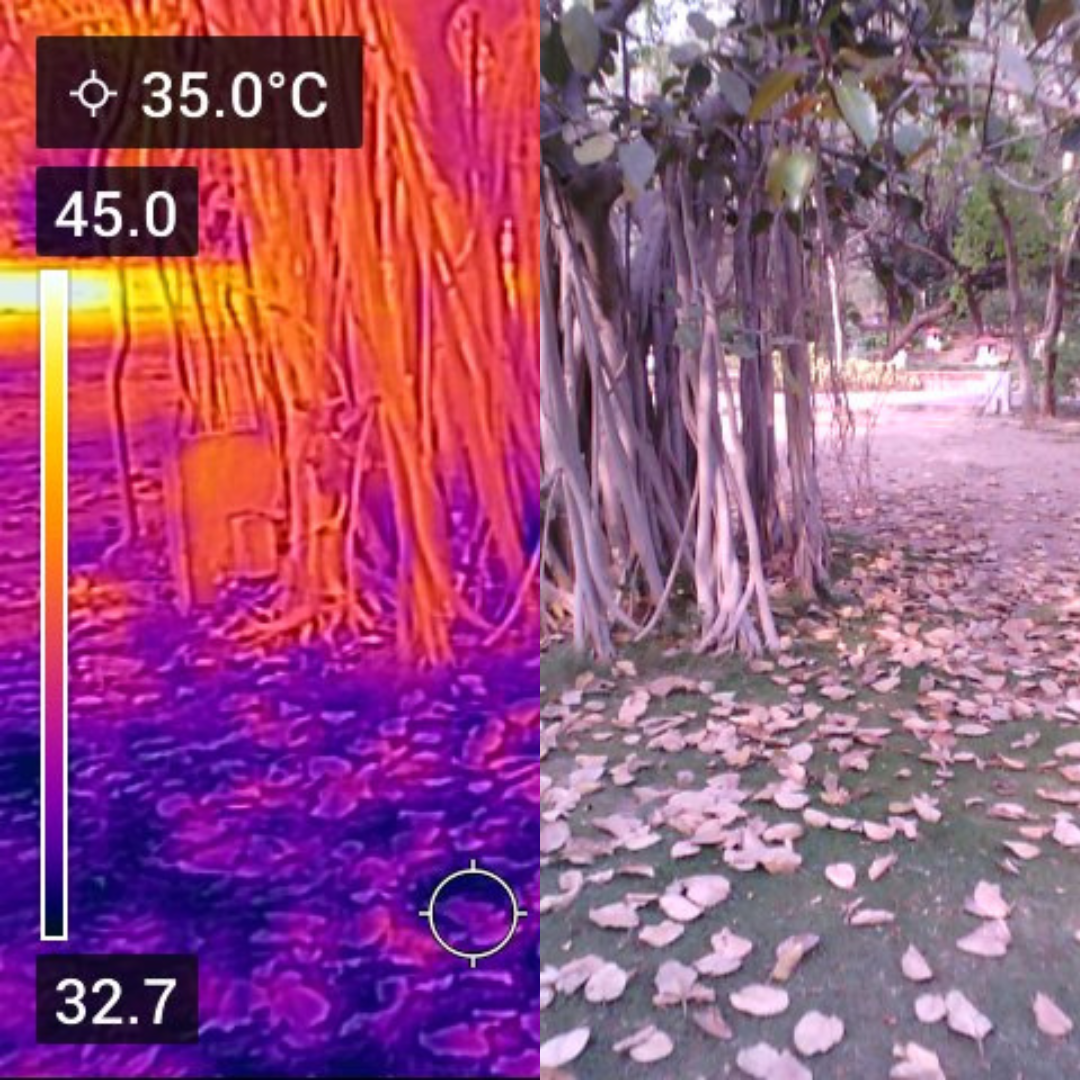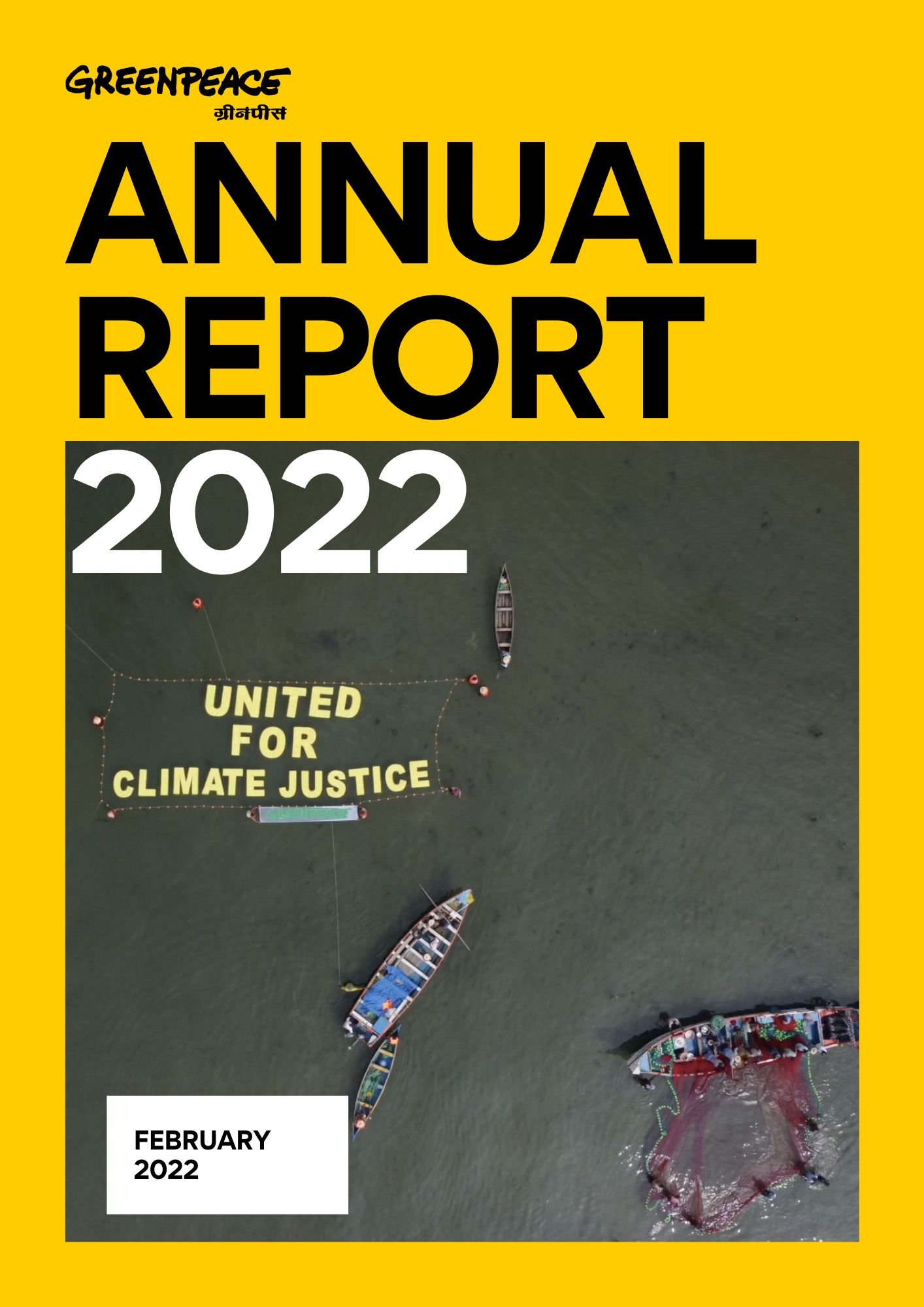Filtered results
-
Low-cost solar PV pumping set demonstrated in Kalyan Bigha by Greenpeace
Asserting the fact that small-scale, decentralized renewable energy systems holds the key to development for rural India, Greenpeace today, demonstrated and installed a solar power pumping system at Kalyan Bigha (native village of Hon’ble Chief Minister Shri Nitish Kumar)in Bihar. It was one of those rare moments which gave insight into how renewable energy is…
-
Republic of Junglistan becomes a star attraction
If you are not a citizen of Junglistan yet, you are missing out on a lot of things. For one thing is certain, the Republic of Junglistan is a country that never sleeps.
-
Witness 3.25
This quarter tracks two fronts of the climate crisis: a coastline poisoned by a shipwreck and a capital pushed to its limits by heat. The details differ, but the question…
-
No Time to Waste: Bearing Witness to the MSC ELSA 3 Shipwreck
On 25 May 2025, just weeks before World Oceans Day and four years after Sri Lanka’s X-Press Pearl disaster, the MSC ELSA 3 ship sank off Kerala’s coast.
-
MSC ELSA 3 Shipwreck: Greenpeace India Calls for Comprehensive and Decentralised Claims Mechanism
New Delhi, 25 September 2025: Greenpeace India welcomes the Kerala High Court’s interim order directing MSC to pay ₹1,200 crore in compensation for the environmental and livelihood damages caused by…
-
Witness 1.25
2025 began with reminders that the climate crisis is not distant—it is here, and deeply personal. Yet in the face of polluted skies, rising heat, and erratic rains, people are…
-
Death and Degree: Establishing a Relationship of Death and Heat in Scorched Delhi – A report revealing urgent need for Climate Action
Delhi is facing a dangerous rise in heat related deaths as temperatures climb higher each summer. The Death and Degree report reveals a clear connection between extreme heat and mortality…
-
The Journey of Shade
Delhi’s streets are always alive and bustling, but when the summer sun hits, it can feel like a furnace. From the narrow lanes of Burari to the historic Meena Bazaar,…
-
Park Audit: Heatwave and green spaces in Delhi
Our latest park audit report highlights the importance of green spaces in the city and its preparedness during extreme heat. The report shows the temperature difference between shaded and unshaded…

